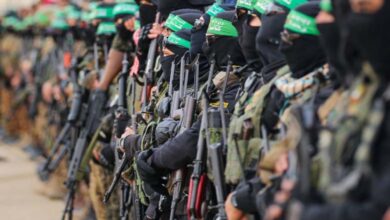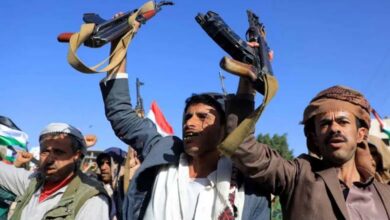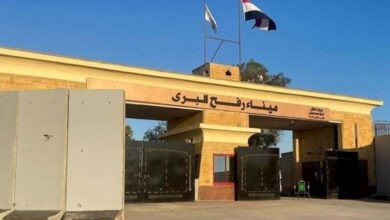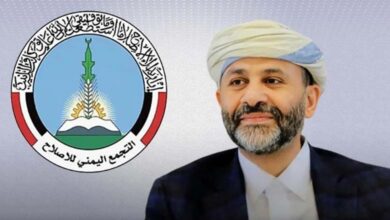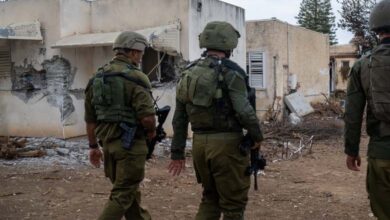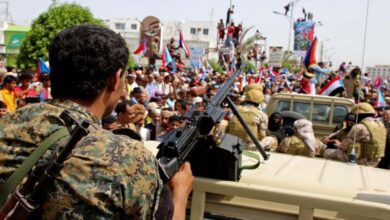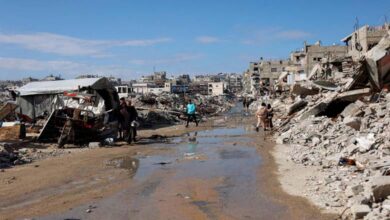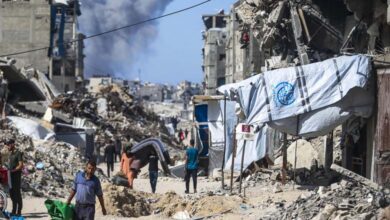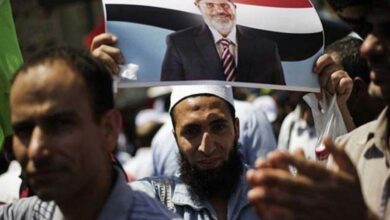Religious Chant Leader Accused of Spying for Israel and Bringing Down Hezbollah Officials
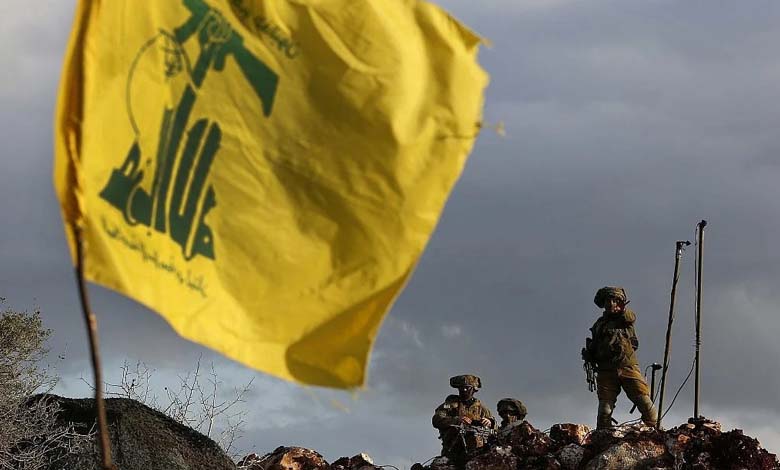
Investigations target Mohammad Hadi Saleh, son of a fighter in Hezbollah’s Radwan Force, who allegedly received $23,000 from Israel in exchange for espionage services.
The French-language Lebanese daily L’Orient-Le Jour published a bombshell report revealing the identity of a well-known figure accused of spying for Israel, an act that reportedly led to the downfall of prominent Hezbollah leaders.
-
Dismantling of Most of Hezbollah’s Military Sites in Lebanon: Flexibility or Manoeuvre?
-
The future of Hezbollah’s weapons is open for discussion: Under conditions
The suspect is not an ordinary individual but a religious chant leader, Mohammad Hadi Saleh, a resident of Beirut’s southern suburb known for his proximity to Hezbollah. He faces serious accusations of collaborating with Israel in exchange for money and causing the deaths of Lebanese citizens.
The case began to unfold when the military investigative judge formally charged Saleh with receiving $23,000 from Israel in return for espionage activities.
-
Hassan Bdeir : Hezbollah Leader Targeted by Israeli Airstrike in Beirut
-
Hamas Hezbollah and Houthis: Netanyahu Unveils His Vision to End the Gaza War
Legal proceedings against Saleh began last Wednesday following weeks of detention. He now stands trial before a military court on charges of “collaboration with Israel and complicity in acts that led to the death of Lebanese citizens,” according to L’Orient-Le Jour, quoting Government Commissioner to the Military Court, Judge Fadi Akiki.
The investigation initially started as a routine fraud case but took a sharp turn after authorities examined Saleh’s phone. The evidence found was reportedly sufficient to confirm his operational connection to Israeli intelligence services.
-
Mossad Reveals How the Pager Explosions Shifted the Course of the War against Hezbollah
-
The Secrets of Funding: Israel Warns of Smuggling Operations for Hezbollah
Reports state that the suspect received no less than $23,000 in return for sensitive information about strategic Hezbollah sites. Other accounts claim that the intelligence Saleh provided directly contributed to the elimination of key Hezbollah figures.
The case takes on added sensitivity and complexity due to Saleh’s family background: he is the son of a fighter in Hezbollah’s elite Radwan Force and the brother of another member who was previously killed. These familial ties heighten the media impact of the story and raise serious questions about how someone from such a background could infiltrate the group’s ranks.
-
The Shadow Game: How Israel Penetrated the Heart of Hezbollah before Hassan Nasrallah’s Assassination
-
Iranian Plans to Supply Hezbollah with Weapons via Air Routes
Lebanese media reported that Saleh was recruited online by the Israeli Mossad and that he supplied coordinates used to target military sites, including the May 9 airstrikes in Nabatieh — the most intense since last November — and the April 10 attack that killed senior Hezbollah official Hassan Bir and his son Ali in southern Beirut.
These details, confirmed by Israeli journalist Roi Kais, underscore the severity and depth of the security breach.
-
From Basta to Bazourieh: Hezbollah Strongholds “Ignite” Lebanon
-
Israel Threatens Hezbollah Leaders: Defeating the Party with the Weapon of “Chaos”
Investigations began after a cryptocurrency broker reported suspicious transactions linked to Saleh. A search of his phone uncovered communications and data confirming his contact with Israeli intelligence. According to Kais’s sources, severe financial hardship drove Saleh to accept the Israeli offer in exchange for sensitive information.
This case carries heightened sensitivity amid rising regional tensions and growing concerns about intelligence breaches targeting armed groups and their support bases.
-
After his death… Who is Salim Ayyash, Hezbollah member convicted of killing Rafic Hariri?
-
Does Hezbollah’s Defeat Mark the End of the Iranian Era?
The fact that Saleh’s brother was a Hezbollah member who died in service adds a deeply personal and controversial dimension, amplifying public speculation over the extent of the infiltration.
So far, Hezbollah has issued no official statement regarding Saleh’s arrest or the accusations, leaving room for widespread speculation about the possible repercussions of this case on Lebanon’s security and political landscape.
Ongoing investigations are expected to uncover broader implications and the potential involvement of additional actors. Hezbollah has already launched internal inquiries into intelligence breaches, especially following the Bi’r bombings and subsequent assassinations of top officials, including former Secretary General Hassan Nasrallah.


